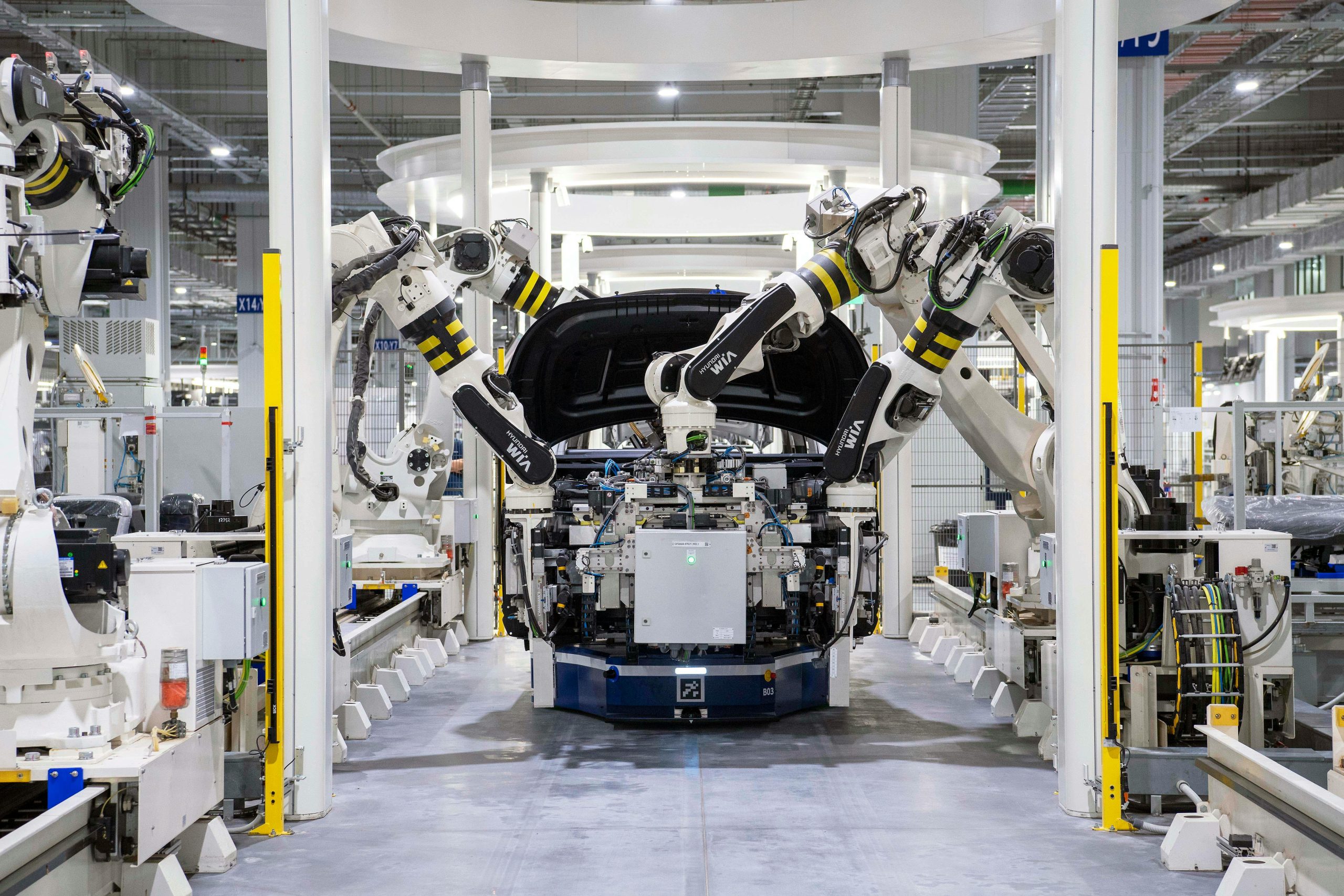German industry is losing over 100,000 jobs and faces an uncertain future

The current economic difficulties have caused German industry to lose more than 100 000 jobs in just one year. The most affected sector is the automotive industry, which has seen a loss of over 45 000 jobs. This is according to an analysis by consultancy EY, reported by DPA. Given that Germany is the largest economy in Europe and a key trading partner of the Czech Republic, these changes also have an impact on a number of domestic companies that depend on the German economy.
Figures from the Federal Statistical Office cited in the study show that German industry employed around 5.46 million people at the end of the first quarter of this year, 101,000 fewer than in the same period last year.
According to Jan Brorhilker, German businesses are currently facing extreme pressure. “Prices are being pushed down by strong competitors from China, demand in Europe remains weak and developments in the US market are uncertain. In addition, companies are burdened by high energy and labour costs,” Brorhilker explains. He estimates that at least 70,000 more jobs will be lost in German industry by the end of the year. Many companies in the engineering and automotive sectors are implementing cost-saving measures involving redundancies. ‘There is still a lot of negative news ahead before the situation improves,’ he adds.
The German economy contracted by 0.2% last year, compared with a 0.3% contraction the previous year. The DIHK (German Chamber of Industry and Commerce) expects the contraction to continue this year, with an expected GDP drop of 0.3% in its May forecast. If this forecast comes true, it will be the longest period of economic stagnation in Germany since the end of the Second World War.
Industrial production in Germany fell by 4.5% last year. Nevertheless, Brorhilker points out that German industry has faced many crises and has always managed to survive. But to recover, it needs to create better conditions – to reduce bureaucratic burdens, cut energy costs and boost domestic demand. Large-scale government investment in infrastructure and the defence sector could be a key stimulus.
Photo source: www.pexels.com
Author of this article
WAS THIS ARTICLE HELPFUL?
Support us to keep up the good work and to provide you even better content. Your donations will be used to help students get access to quality content for free and pay our contributors’ salaries, who work hard to create this website content! Thank you for all your support!




OR CONTINUE READING